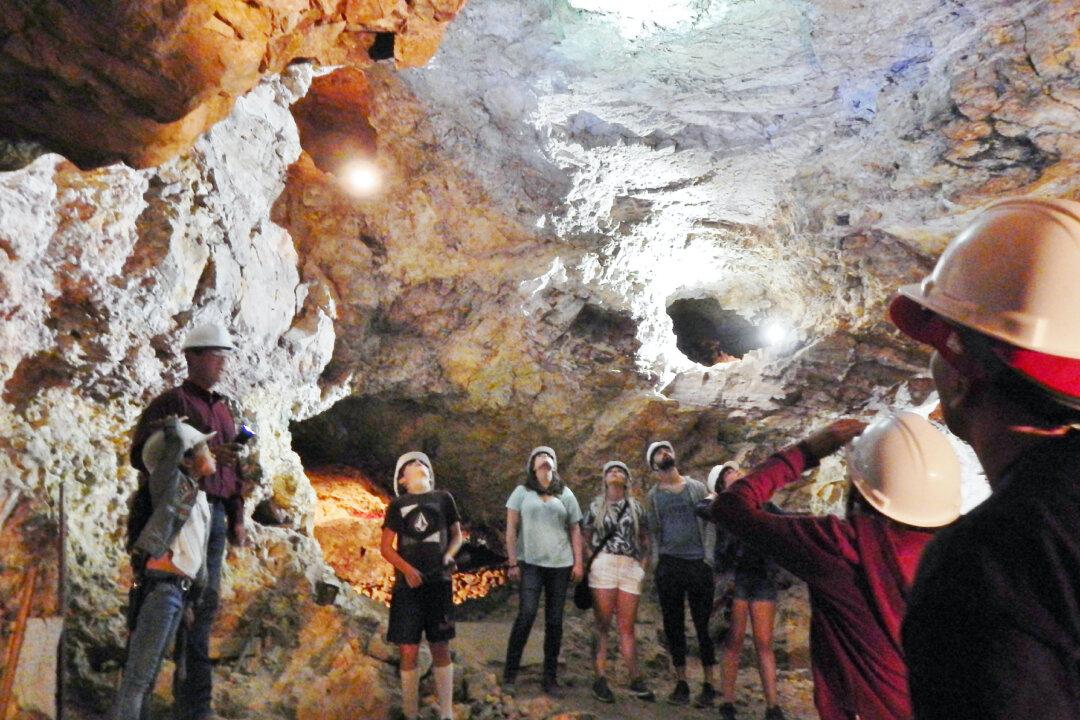Regulatory and judicial reforms adopted by the House in HR 1, the Lower Energy Costs Act, and being proposed in other legislation are urgently needed to unshackle America’s mining industry before the nation faces significant economic and national security challenges, House Republicans are warning.
However, these regulatory revamps are being resisted in the Democrat-controlled Senate and by the Biden administration, which ironically is fueling skyrocketing demand for critical minerals with its “green energy” inducements for electric vehicles (EV) and renewable energy-generating capacity, according to the Republican lawmakers.





